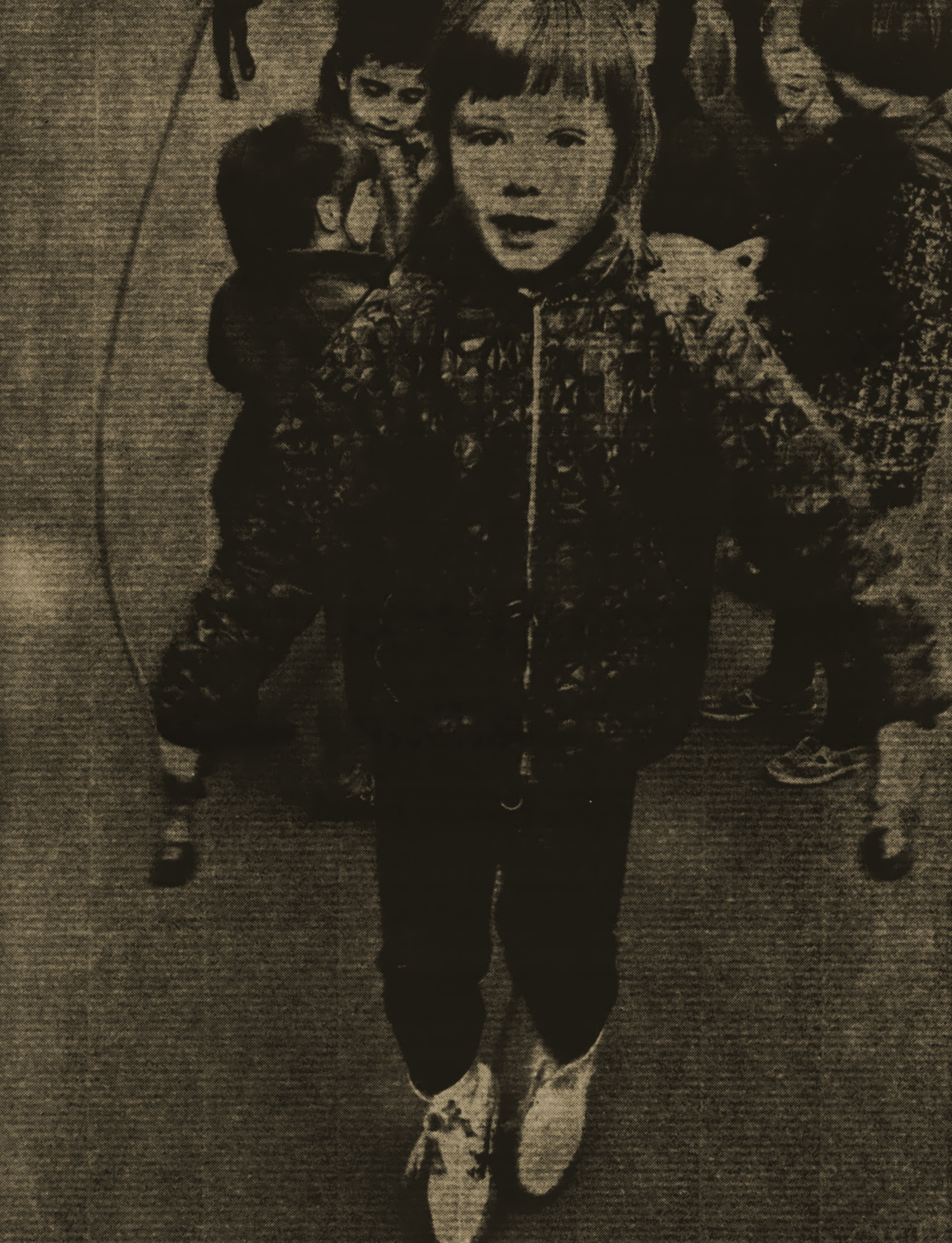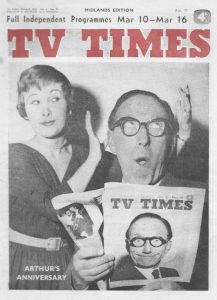1957
In the week beginning May 13, 1957, the first regular British schools programmes were transmitted by Rediffusion Television. There were five series, covering a wide range of secondary school subjects:
“Year of Observation” — a science series dealing with the International Geophysical Year. The Russians sent up the first space satellite (Sputnik) during the term and this was covered in the very next “Year of Observation” programme.
“The Ballad Story” — a folk-song programme, concerned with both music and English, featuring top folk-singers. “On Leaving School” — designed for school leavers to prepare them for life in the adult world.
“Looking and Seeing” — art and environmental studies. “People Among Us” — a synthesis of geography, history, social studies, religion and art.
1957-58
The BBC began to transmit schools programmes in the autumn of 1957, but almost all series produced by Rediffusion Television were still “firsts”. There were series on mathematics (“World of Figures”), the mass media (“Judge for Yourself”), farming (“The Farming Year”), art (“Shape in Your Hands”), music (“Music in the Making”), and dance (“Invitation to the Dance”).
1958-59
By this time, certain series had become an established feature of Rediffusion Television school transmissions (notably science and drama), but many new types of series were also created in this academic year: the story of a river (“La Dordogne”), an anthology series designed to evoke both written work and work in the visual arts (“The Open Window”), a series designed to foster the effective and accurate use of words (“The Ring of Words”), exploration (“Maps and Men”), and the use of leisure (“In Leisure Time”). In the autumn term, “Process of Law”, written and presented by Jeremy Thorpe, was broadcast. This was a series designed to give a better understanding of the meaning of the word “law”.
1959-60
This academic year saw the first transmission of a series designed for primary schools:— “The World Around Us”, with primary science programmes alternating with general interest programmes. Another “first” was a series for sixth forms, “The Artist in the Modern World”, in which artists in various media discussed their position in society. There was also “London: Capital City” which combined geography, history and social studies.
1960-61
This year brought the first schools foreign language series (“Chez les Dupre”); the first complete regional geography of the British Isles, extending over three terms and involving much location filming all over the country (“The British Isles”); a current affairs programme for fifth and sixth forms (“A Changing World”); and a new type of book programme in which part of a book was dramatised and the viewers told to read the book to find out what happened next (“Books to Enjoy”). A new and different kind of science series, which traced the development of medical knowledge, was also produced (“The Story of Medicine”).
1961-62
A new type of programme introduced this year was “Looking About”, a “bridge” series for older primary and younger secondary children. This took the form of four different groups of programmes of varied types alternating with each other. Also new was “The Pickwick Papers”, a dramatisation in serial form of the novel by Dickens. This year, too, schools series produced by ATV and Granada were included in Rediffusion Television’s time-table. They included series on the arts, mathematics, science, modern languages and current affairs.
1962-63
An important “first” this year was “Your Money and Your Life”, a series which explained economics through simple dramatised fables. “Story Box” was a miscellany series something like “Looking About”, but intended for a lower age group (8—10) and tackling different areas. One of the drama series (“Theatres and Temples”) broke fresh ground by presenting ancient Greek tragedies and also by including introductory programmes on the ideas and institutions of the ancient Greeks.
1963-64
There were two major “firsts” this year. There was a series for less able children, “You and the World”, which gave the children an idea of the world they would be facing when they left school. In addition there was “Cross-Roads”, a religious series designed to start children thinking about moral problems.
1964-65
Once again, there were two major “firsts” — “One World”, a two-term series designed to foster international understanding, and “Finding Out”, the first series for infants and lower juniors.
1965-66
Three major innovations took place—a series on medieval drama (“Mysteries and Miracles”); a local studies series for primary schools (“Let’s Go Out”); and a new type of English series, “Ways with Words”, designed to stimulate discussion and creative writing.
1966-67
This year brought a new type of primary series, “A Time and a Place” about the different kinds of work in zoos; and a new type of social history series, “The Golden Age”, showing aspects of the world in which Shakespeare wrote his plays. Granada’s new series on human relationships, “Understanding”, was included in Rediffusion Television’s pattern of broadcasting.
1967-68
The first series for middle infants is due to start— “Seeing and Doing”. There will also be a new type of music programme, “Song and Story”, in which songs are given a visual interpretation. A new science and social studies series, “Approach to Living”, will also be presented. It is designed to give an understanding of the impact of science and technology on society.




